Tent pegging
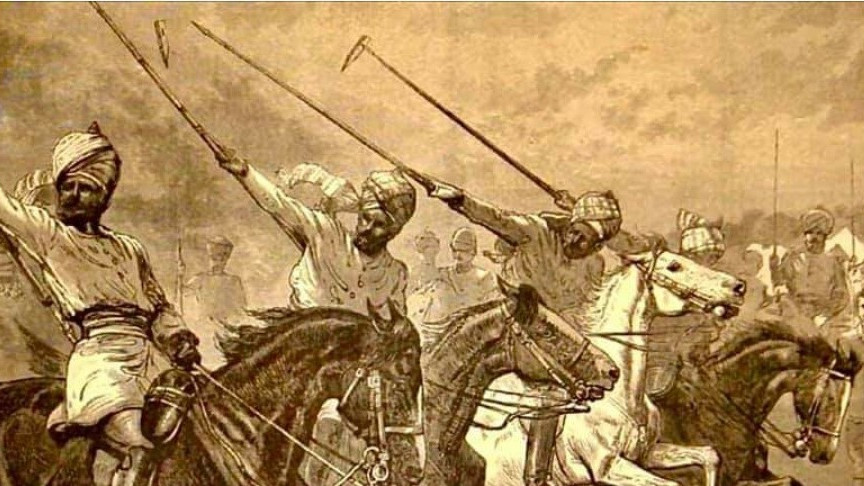
01 Apr, 1900
Tent pegging a cavalry sport of ancient origin
Tent pegging is a cavalry sport of ancient origin and is one of only ten equestrian disciplines officially recognized by the International Equestrian Federation. The term refers to a specific mounted game with ground targets. It refers to the entire class of mounted cavalry games involving pointed and edged weapons (lance and sword) on horseback, for which the term "equestrian skill-at-arms" is also used. Cavaliers have practiced the specific game of tent pegging since at least the 4th century BC, Eurasian empires, spanning Asia and Europe, spread the game around the world. As a result, the game's date and location of origin are ambiguous.
The competitive sport evolved out of cavalry training exercises designed to develop cavaliers' prowess with the sword and lance from horseback. According to the International Equestrian Federation, "most equestrian authorities are of the opinion that tent-pegging originated in the Indian subcontinent during the Middle Ages in the battlefields as a tactics used by the horsed cavalry against elephant mounted troops" A cavalier able to precisely stab the highly sensitive flesh behind an elephant's toenail would cause the enemy elephant to rear, unseat his mahout, and possibly run amok, breaking ranks and trampling infantry. The term "tent pegging" is certainly related to the idea that cavaliers mounting a surprise pre-dawn raid on an enemy camp could use the game's skills to sever or uproot tent pegs, thus collapsing the tents on their sleeping occupants and sowing havoc and terror in the camp.
Because the specific game of tent pegging is the most popular equestrian skill-at-arms game, the entire class of sports became known as tent pegging during the twilight of cavalry in the twentieth century.
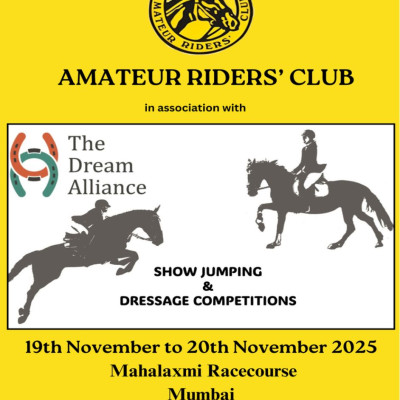
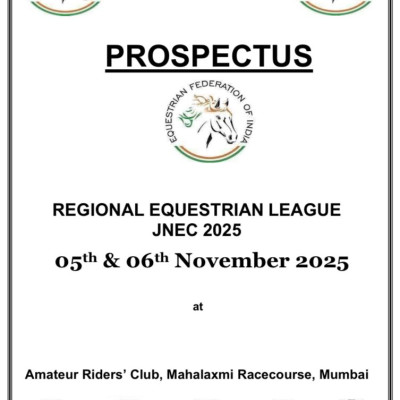
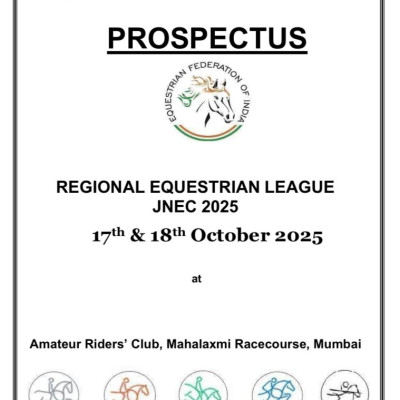
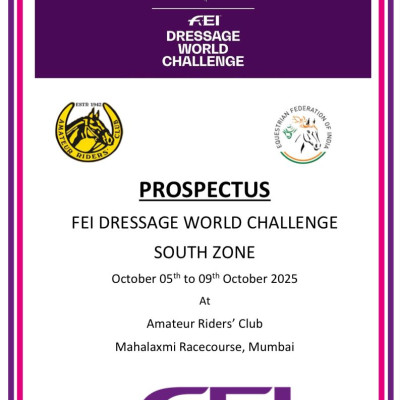

.jpeg)

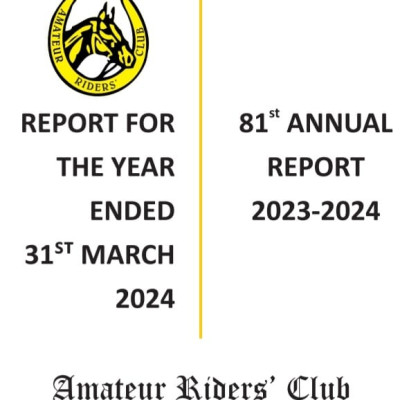

.jpeg)
